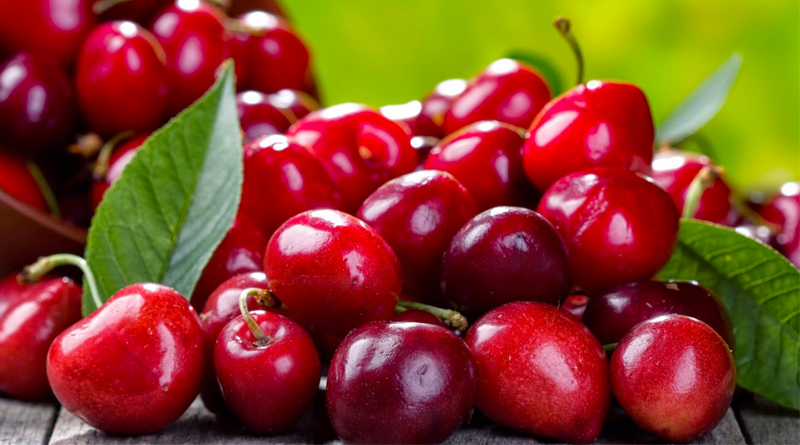Red grapesResearchers at the University of Illinois at Urbana-Champaign have been conducting studies that reveal the potency of plant foods against inflammation and chronic diseases. Based on the premise that a high intake of vegetables and fruits is associated with a lower risk of colorectal cancer, university researchers conducted an in vitro study to determine which plant foods would be most effective in preventing or reducing the growth of colorectal cancer cells.
Blueberries, sorghum, red and purple corn, and grapes are rich in anthocyanins, a group of flavonoids that confer the red, blue, and purple hues of plant foods. “Cereals, legumes, vegetables, and fruits—these are the very pigmented foods. Berries are one of the most common that people associate with [anthocyanins],” says principal investigator Candice Mazewski, a doctoral student in the University of Illinois’s department of food science and human nutrition. “Any plant food that’s within these purple, blue, or red pigments is likely to have a lot of anthocyanins.” In addition, these biochemical compounds possess properties that are said to be effective at combating oxidation, inflammation, and cancer.
Mazewski and her research collaborators found that extracts from red and purple corn, black lentils, sorghum, and red grapes were capable of inducing apoptosis in colorectal cancer cells. “Black lentils, sorghum, and red grapes were the most potent that I found,” Mazewski reveals. These were able to elicit the response to inhibit the growth of colon cancer.” The study’s results led the researchers to conclude that plants containing phenolic compounds may be significantly important in the battle against all cancers. “The American Institute for Cancer Research recommends a diet that’s very high in plant foods, and plant foods contain these [bioactive] compounds,” says University of Illinois professor Elvira Gonzalez de Mejia, one of the contributing researchers to the study. “So, it makes sense that these compounds have been found to be effective against cancer and other chronic diseases.”}
Source: IFT







